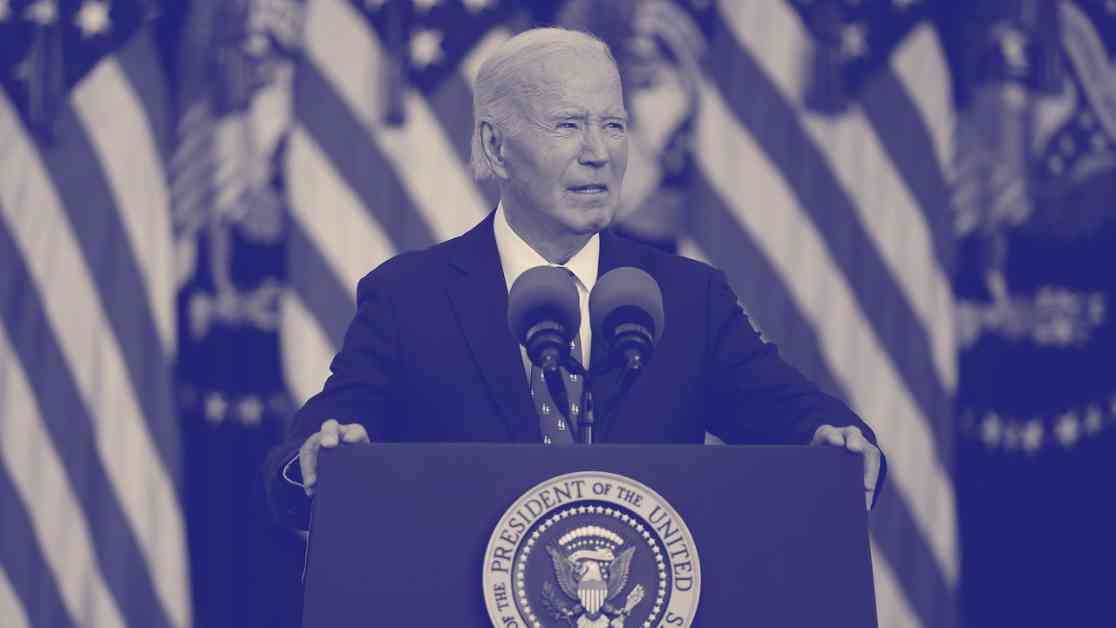Should Officials on Donald Trump’s List Receive Blanket Pardons? A Deep Dive Into the Pros and Cons
In a recent report by Politico, it was revealed that members of the Biden Administration are contemplating offering pardons to various current and former government officials who may face unjust prosecution by the incoming President. Donald Trump has vowed to retaliate against elected officials, political adversaries, and individuals from the so-called deep state. Kash Patel, a close confidant known for his pursuit of Trump’s opponents, has been selected by Trump to lead the F.B.I. This decision has sparked concerns among White House staff about the necessity of pardons to shield potential targets from harm. Notable figures on Trump’s list include former chief medical adviser Anthony Fauci and former F.B.I. deputy director Andrew McCabe.
Expert Analysis: The Viewpoint of Rachel Barkow
To delve into the advantages and disadvantages of granting pardons to those singled out by Trump, I had the opportunity to speak with Rachel Barkow, a professor at the N.Y.U. School of Law specializing in criminal law and mass incarceration. In our conversation, we explored the practical challenges of safeguarding individuals from Trump’s actions, the constitutional implications of blanket pardons, and the relevance of the pardon power in the current political climate.
When asked about the concept of blanket pardons for Trump’s targets, Barkow acknowledged the unprecedented nature of such pardons, noting that they deviate from historical norms. She emphasized the need to prioritize individuals who have followed legal procedures for clemency rather than resorting to blanket pardons. Barkow highlighted the importance of maintaining transparency and avoiding the perception of shielding individuals from potential scrutiny.
Downsides of Blanket Pardons: Comprehensive Lists and Systemic Confidence
One crucial aspect discussed was the necessity of having a comprehensive list of individuals to protect. Failure to include all potential targets could result in the overlooked individuals facing repercussions from the incoming Administration. Barkow underscored the value of public investigations in dispelling baseless accusations and restoring faith in the legal system. While acknowledging differing perspectives on the matter, she emphasized the potential downsides of pre-emptive pardons in hindering transparency and accountability.
Another concern raised was the potential erosion of confidence in the legal system beyond Trump’s immediate influence. Despite Trump’s ability to incite investigations, the process of indictment, judicial approval, and jury conviction remains a safeguard against unjust prosecutions. Barkow highlighted the burdensome nature of federal investigations and the anxiety they induce, even when individuals are ultimately cleared of charges.
In conclusion, the debate over whether officials on Trump’s list should receive blanket pardons encapsulates broader concerns about accountability, transparency, and the rule of law. As the Biden Administration navigates these complex decisions, the implications of their choices extend beyond individual cases to the integrity of the legal system as a whole. The balancing act between protecting individuals from political retribution and upholding the principles of justice remains a critical challenge in today’s tumultuous political landscape.












